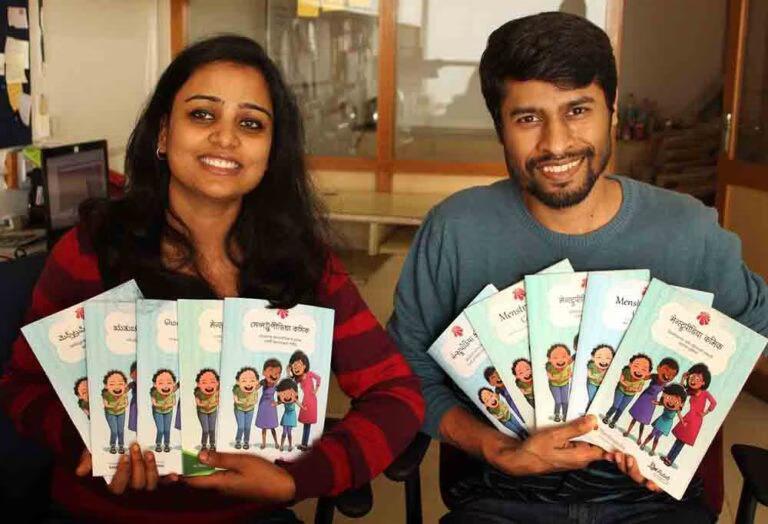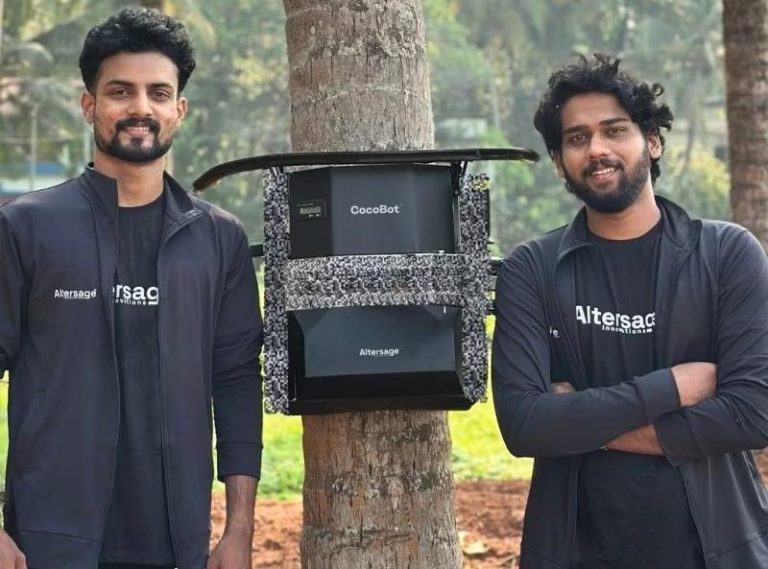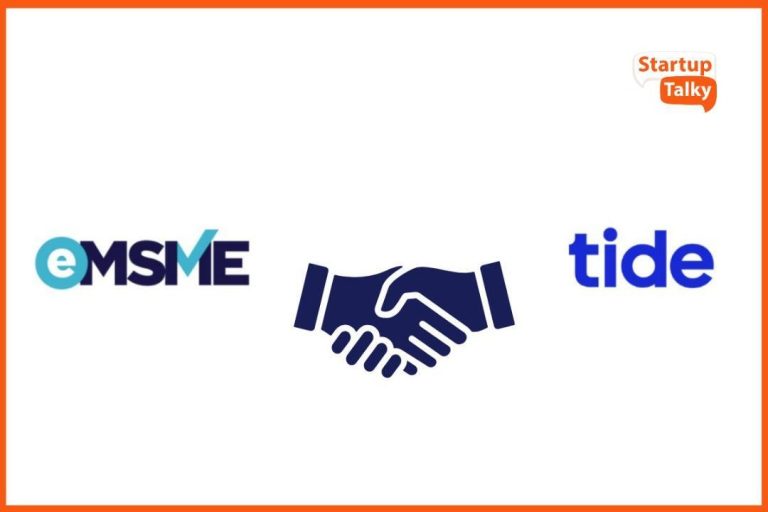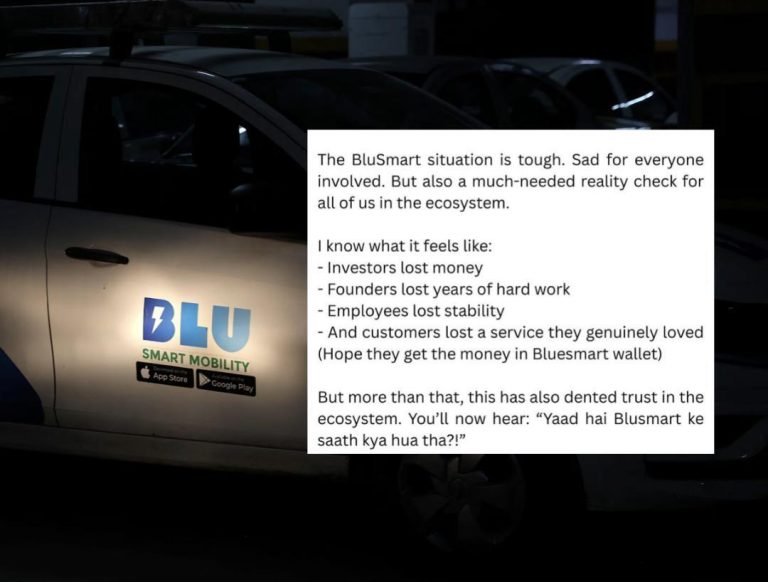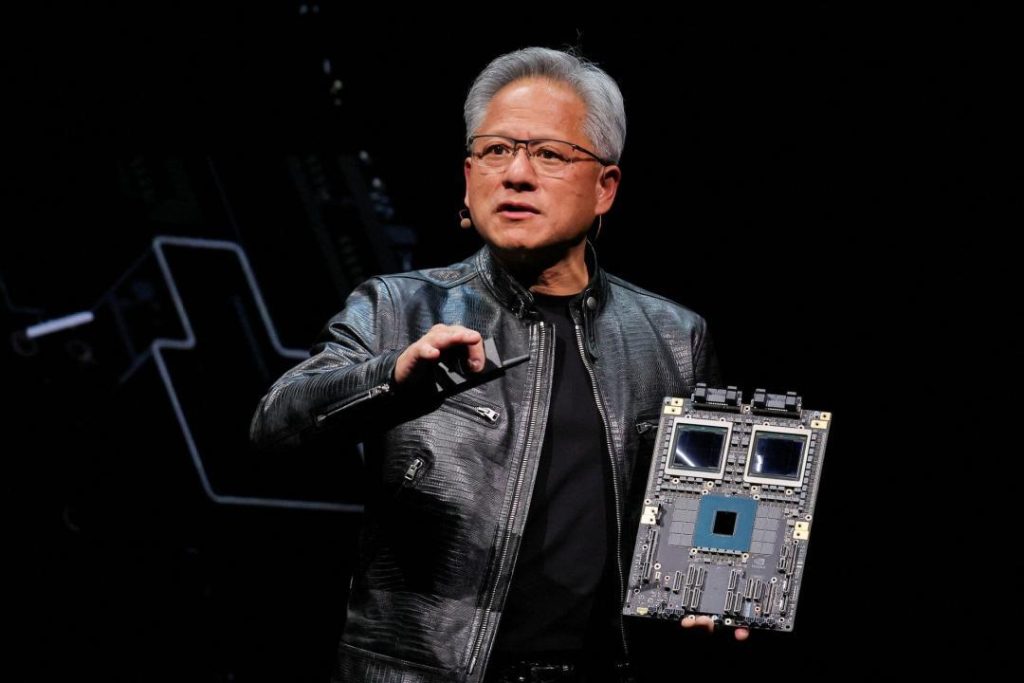
Market was like ‘Oh my gosh, AI is finished’: Huang on DeepSeek
The world of artificial intelligence (AI) has been making rapid strides in recent years, and the latest development in this space has sent shockwaves across the market. In an exclusive interview, NVIDIA CEO Jensen Huang shed light on the recent market fluctuations and the impact of a Chinese startup’s AI model on the chipmaker’s business.
For those who may not be aware, NVIDIA’s market capitalization (m-cap) took a massive hit of $600 billion after the launch of DeepSeek’s RI AI model. The startup’s revolutionary AI model, which is capable of performing tasks with human-like accuracy, sent shockwaves across the market. The sudden and drastic change in market sentiment was palpable, with many experts predicting the end of computing as we know it.
However, in a recent interview, NVIDIA CEO Jensen Huang dismissed the notion that the market had interpreted the impact of DeepSeek’s AI model correctly. According to Huang, the market’s reaction was a classic case of misinterpretation.
“Market responded to R1, as in, ‘Oh my gosh, AI is finished’,” Huang said. “But it’s the complete opposite.”
So, what exactly does Huang mean by this statement? In essence, he is saying that the market misinterpreted the impact of DeepSeek’s AI model on computing. Instead of recognizing the potential benefits of AI, the market panicked and assumed that computing was no longer needed.
This reaction is not entirely surprising, considering the rapid progress AI has made in recent years. AI has already begun to disrupt various industries, from healthcare to finance, and its potential to transform the way we live and work is vast. It’s natural to assume that AI will eventually replace human intelligence, leading to a world where computing is no longer necessary.
However, Huang’s statement suggests that this assumption is far from the truth. In fact, AI is not meant to replace human intelligence, but rather augment it. AI has the potential to amplify human capabilities, making us more efficient and effective in our work.
So, what does the future hold for AI and computing? According to Huang, the future is bright. He believes that AI will continue to evolve and improve, but it will not replace human intelligence. Instead, AI will become an essential tool for humans to work smarter, not harder.
The implications of this are far-reaching. As AI continues to evolve, it will create new opportunities for humans to work together with machines to solve complex problems. This will lead to a world where humans and machines work in harmony, creating new and innovative solutions to the challenges we face.
In conclusion, the market’s reaction to DeepSeek’s AI model was a classic case of misinterpretation. Instead of recognizing the potential benefits of AI, the market panicked and assumed that computing was no longer needed. However, NVIDIA CEO Jensen Huang has set the record straight, stating that the impact of AI is not the end of computing, but rather the beginning of a new era of human-AI collaboration.
As we move forward in this era of AI, it’s essential to recognize the potential benefits of AI and the role it will play in augmenting human intelligence. AI is not a replacement for human intelligence, but rather a tool to make us more efficient and effective in our work.



